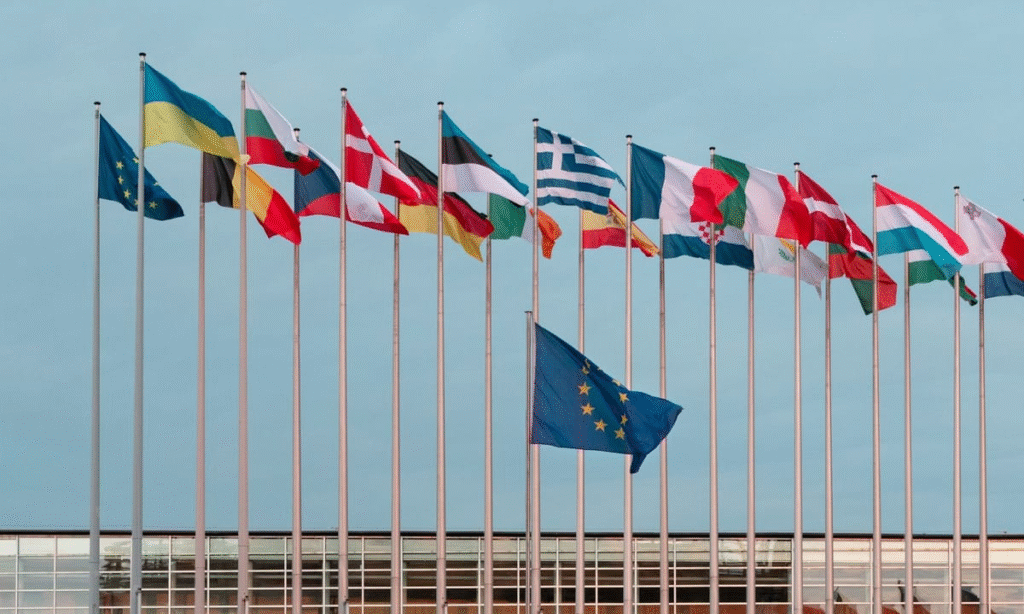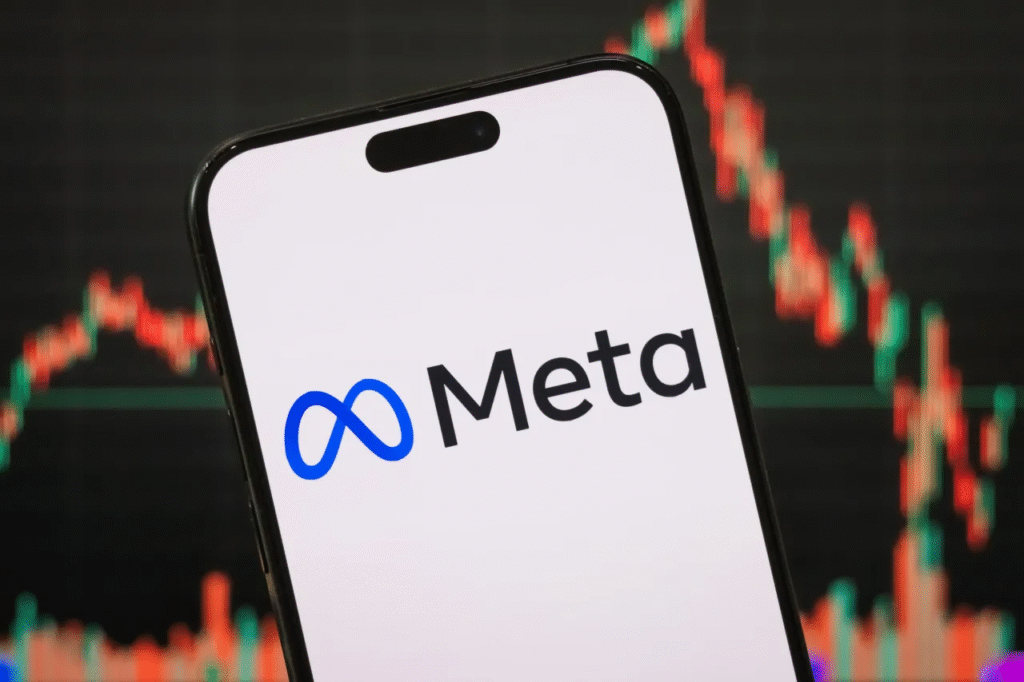Meta Platforms has announced that it will not sign the European Union’s voluntary code of practice for general-purpose AI models. The company’s chief global affairs officer, Joel Kaplan, posted on LinkedIn that the code creates legal uncertainty for model developers and goes beyond the scope of the AI Act.
What the Code of Practice Requires
The EU code of practice offers guidelines to help firms align with the AI Act. It asks companies to keep clear records of how their models work and to update that documentation regularly. The code also bans the use of pirated content in training data and requires firms to honour content owners’ requests to remove their works from model training sets.

Meta’s Concerns
Joel Kaplan said that the code’s provisions fall outside what the AI Act itself demands. He warned that the extra rules could slow the development and deployment of advanced AI systems in Europe. Kaplan added that many European businesses share his view that the code represents regulatory overreach and threatens local innovation.
The AI Act Framework
The AI Act classifies some AI uses as unacceptable risk and bans them outright. It also defines high-risk applications in areas such as biometrics and critical infrastructure. The act requires developers to register their systems and follow strict risk management processes. Providers of general-purpose models like Meta’s must comply with these rules by August 2, 2027, or face fines of up to seven percent of global turnover.
Industry Reaction
Major AI firms have taken varied stances on the code. OpenAI and several European tech businesses have agreed to sign once the code is finalised. Others have asked the European Commission to pause the rollout for two years to avoid confusion over overlapping rules. Microsoft has indicated it may sign, aiming to support regulators and maintain clarity for users.

What This Means for Users
Meta not signing the code does not mean that it is out of the AI Act. The firm cannot, however, avoid all the legal obligations imposed by EU law. Voluntary penalties might apply to non-signatories, but they will not face any direct punishment following their refusal to sign the voluntary code.
The conflict says a lot about the problem of making regulations to serve the population and allow businesses to innovate. Following the expansion of the European AI market, such debates will determine the pace at which new tools will be made available to businesses and consumers.



